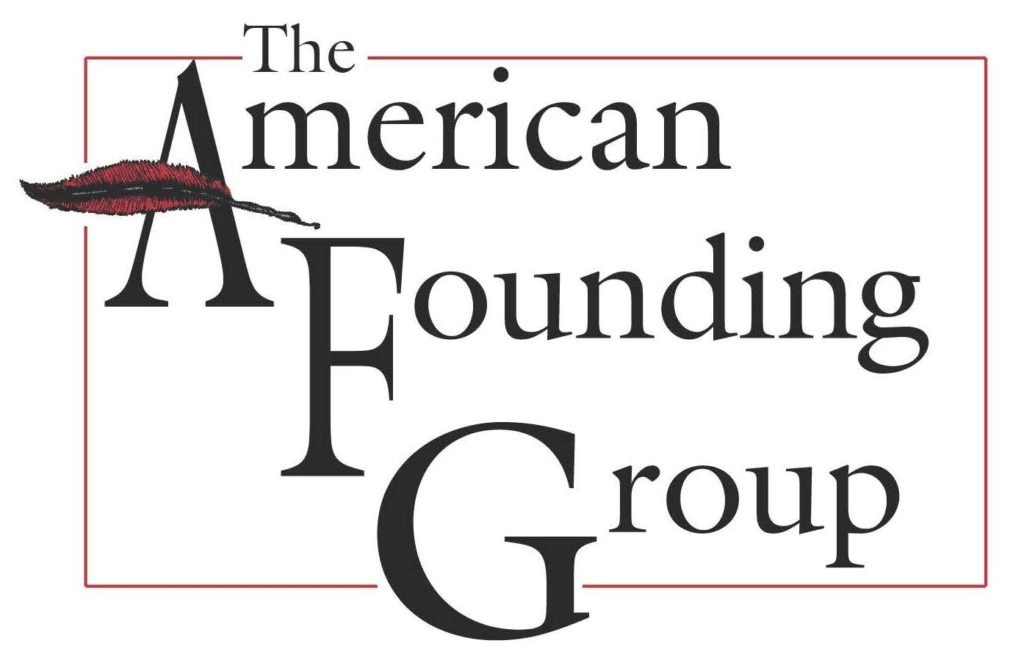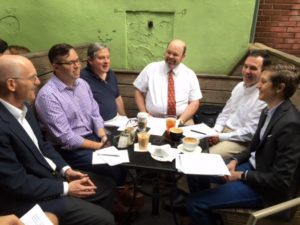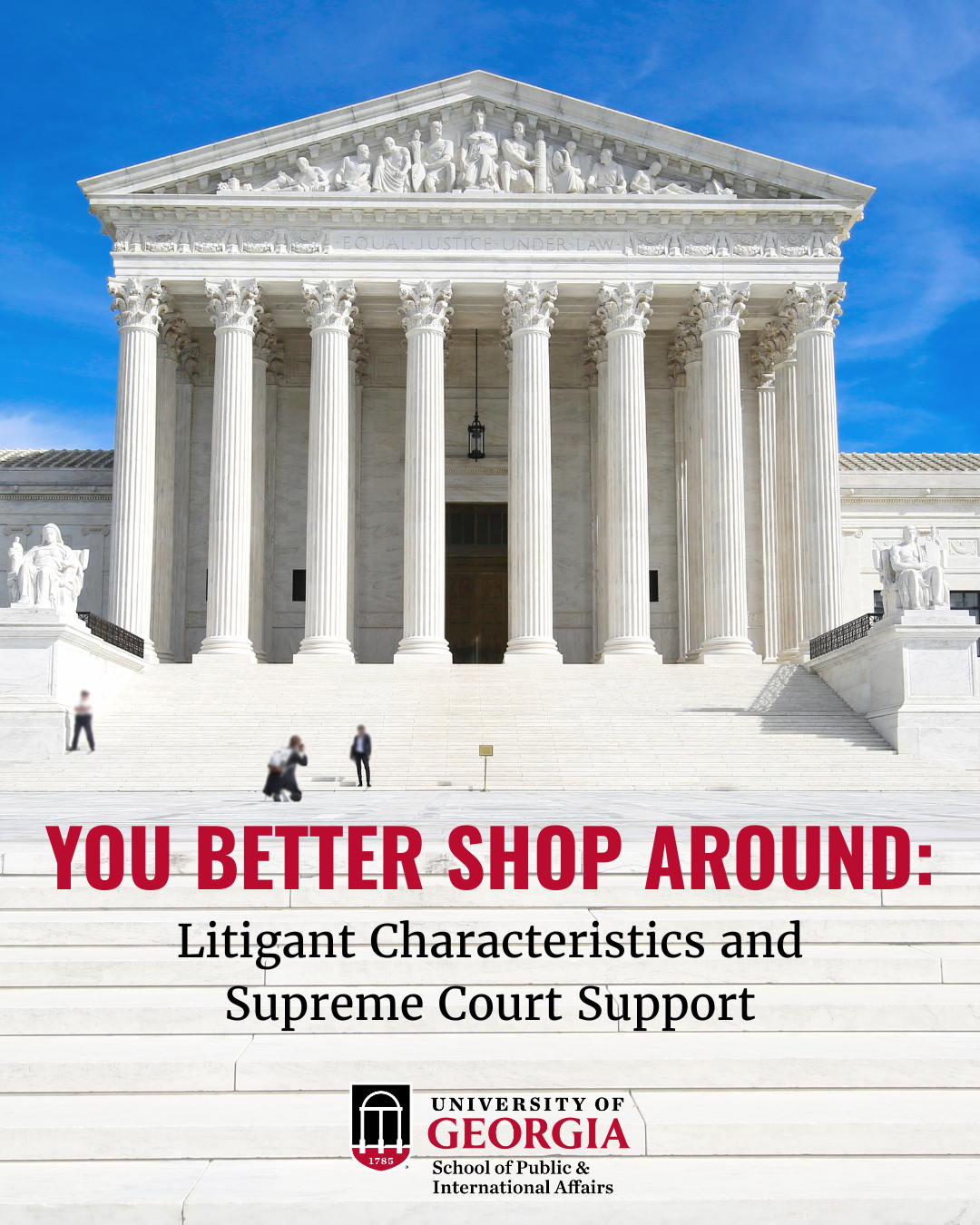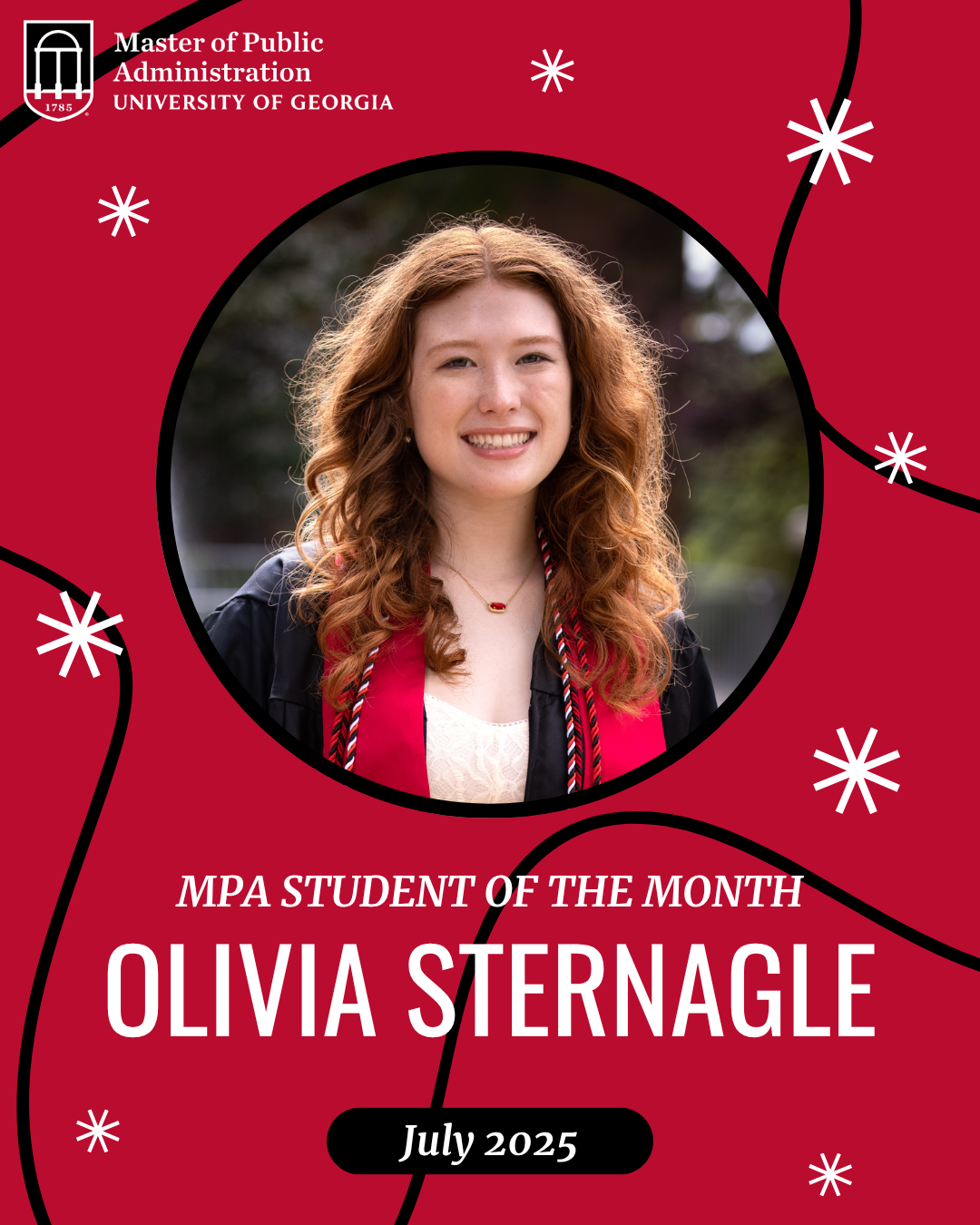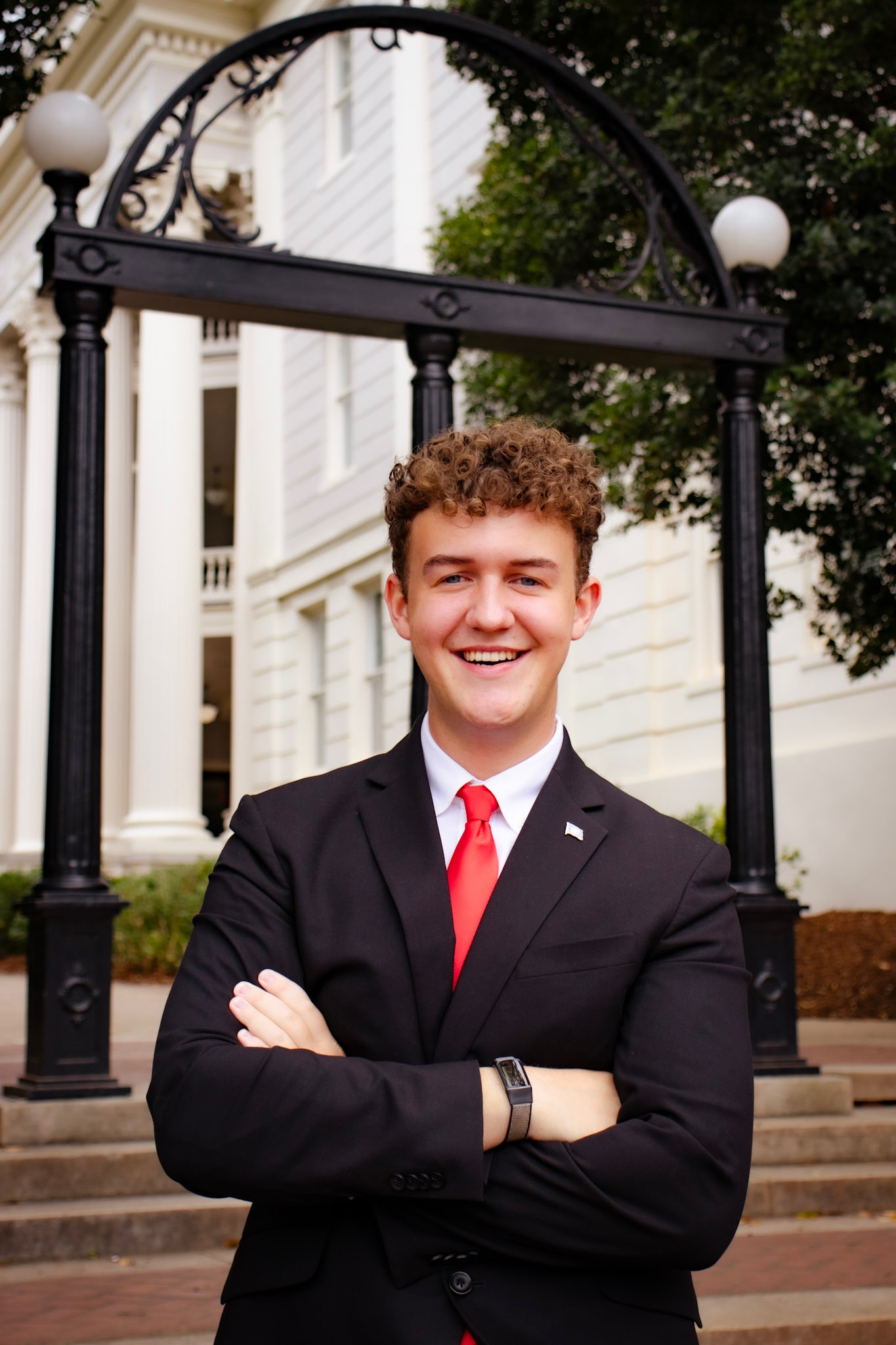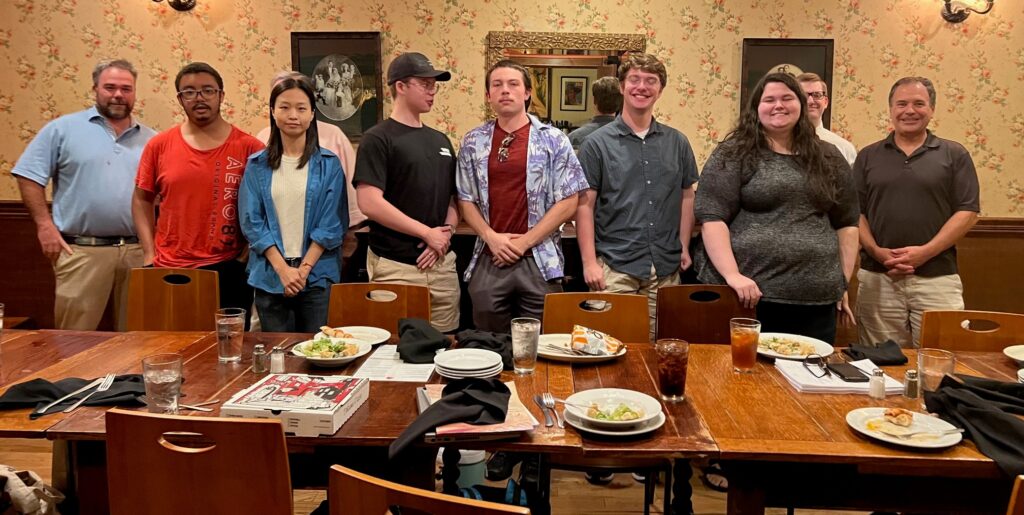
August 2023 meeting of the AFG
The American Founding Group at the University of Georgia studies the origins of the American republic from a variety of scholarly perspectives, reviewing studies from the disciplines of political science, political theory, history, law, and economics, among others. Our group meets monthly to critique and discuss works from John Locke to Pauline Maier in an effort to broaden our understanding of the American founding and its effects on liberty. We occasionally invite guest scholars to participate and provide an invaluable service reading and critiquing the research of our members. Membership is open to those who want to learn more about the American founding and are willing to spend the time to read outside of their regular classes.
